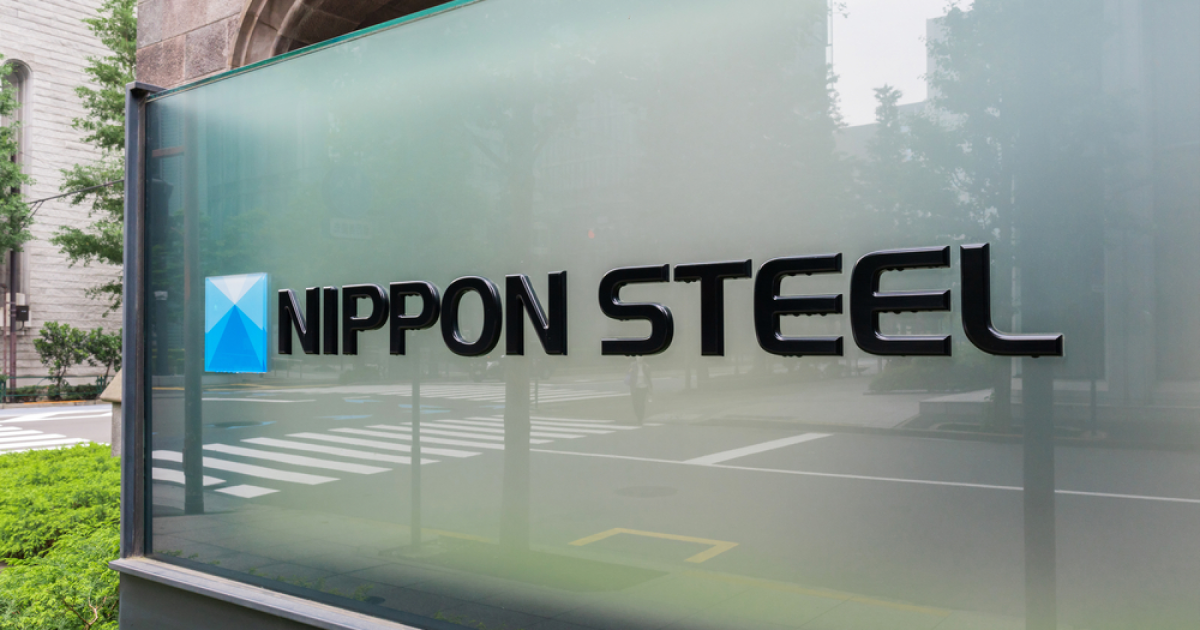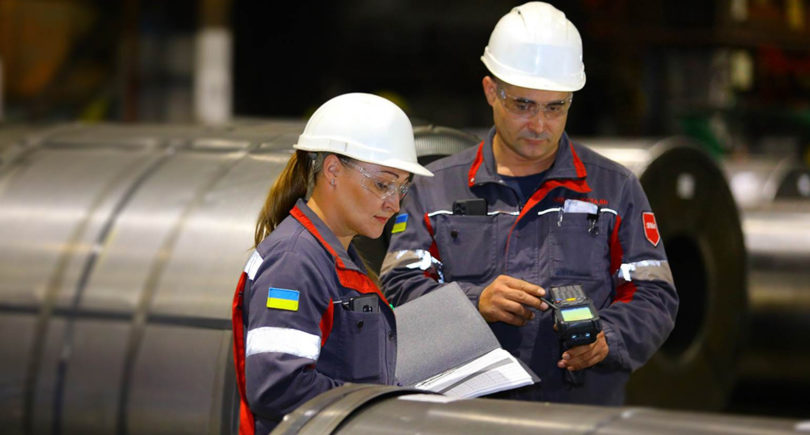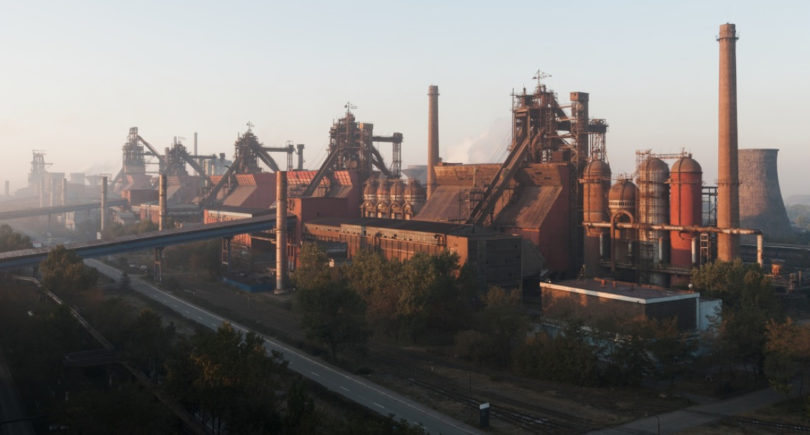
News Companies Nippon Steel 4122 10 May 2024
Consolidated steel production in this period increased by 0.5% annually
Japanese steelmaker Nippon Steel increased its unconsolidated steel shipments by 1.8% y/y – to 32.03 million tonnes in the 2023/2024 financial year (ended March 31). This is stated in the company’s report.
In the period under review, 44% of steel was exported in value terms, compared to 43% in the previous fiscal year. The average selling price decreased by 2.8% – to 144.8 thousand yen per tonne ($1006/t), which is 8.8% less than in the previous fiscal year.
Consolidated steel production in FY2023/2024 increased by 0.5% year-on-year – to 40.51 million tons.
In FY2023/2024, the company’s revenue increased by 11.2% y/y – to ¥8.87 trillion ($56.9 billion). At the same time, business profit and net profit fell by 5.1% and 20.8% year-on-year – to ¥869.7 billion and ¥549.4 billion, respectively, on a consolidated basis.
Nippon Steel expects consolidated steel production to reach 40.5 million tons in fiscal year 2024/2025, with unconsolidated shipments expected to reach 32 million tons.
According to Reuters, the Japanese steelmaker is sticking to its plan to close the deal to buy US Steel by the end of 2024 despite resistance in the United States. Recently, Nippon Steel postponed the deadline from the end of September after the US Department of Justice requested more details and materials as part of an antitrust review. At the same time, the European Commission has already approved the deal.
Takahiro Mori, Executive Vice President of Nippon Steel, noted that the deal will help the American company grow, increasing the number of jobs and profits. According to him, nothing has changed in the Japanese steelmaker’s firm determination to close it as soon as possible. Mori added that politics is likely to be behind the delay in the United Steelworkers’ approval of the deal.
In April 2024, US Steel shareholders approved Nippon Steel’s $14.9 billion offer to buy the American company, taking a step toward the merger despite growing political opposition to the deal.




